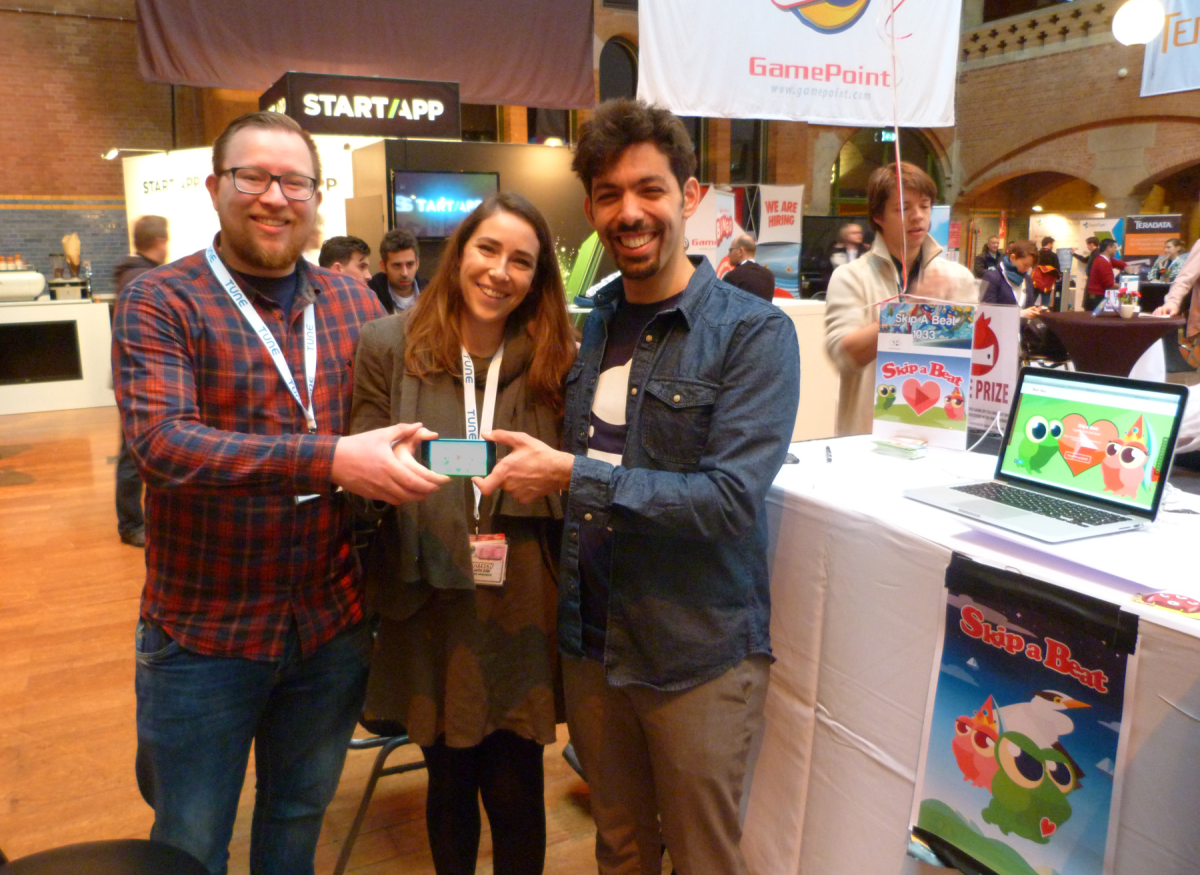The Casual Games Association paid for Daniel Crawley’s trip to Casual Connect Europe, where he moderated two sessions. Our coverage remains objective.
Yosef Safi Harb is one of the most amiable game developers you’ll meet. He’s also an ex-aerospace engineer who’s created a mobile game that you control with your heart — the first of its kind.

Unlock premium content and VIP community perks with GB M A X!
Join now to enjoy our free and premium membership perks.
![]()

![]()